On the afternoon of October 3, General Secretary and President To Lam and a high-ranking Vietnamese delegation visited the National Institute for Bioprocessing Research and Training in Ireland.

Within the framework of the State visit to Ireland, on the afternoon of October 3, General Secretary and President To Lam and a high-ranking Vietnamese delegation visited the Irish National Institute for Bioprocessing Research and Training.
Here, a representative of the National Institute for Bioprocessing Research and Training in Ireland gave an overview of the institute's research and training activities, showing that this is a research and training facility with the function of supporting the biopharmaceutical industry.
The Institute was established with the aim of providing advanced training and research solutions to serve the needs of manufacturing complex biological drugs, especially in the field of bioprocessing.
The Institute is located in the Belfield Innovation Park on the University College Dublin (UCD) campus. The institute's facilities include 6,500m2 with seven research laboratories, a bioprocessing pilot plant that simulates GMP (good manufacturing practice), training rooms and offices.
The Institute provides professional training programs for personnel working in the field of biopharmaceutical manufacturing, ranging from basic to advanced training in the biopharmaceutical manufacturing process, especially in the GMP environment.
The Institute collaborates with leading educational institutions and major pharmaceutical companies around the world to address challenges in biopharmaceutical development and manufacturing.
The Institute has developed a Strategy for the period 2024-2028, which focuses on promoting education, research and innovation in bioremediation.
The main objectives include: Strengthening training programs to meet the needs of industry; promoting cooperation between the institute and enterprises; promoting technological advances in bioprocessing.
The strategy aims to position the institute among the top global research and training institutions in bioprocessing, contributing to the development of the biopharmaceutical industry in Ireland and globally.
After hearing a general introduction about the institute's research and training activities and visiting the research facility, General Secretary and President To Lam expressed his impression of the institute's modern facilities, professional working environment, especially the institute's achievements in the fields of training and research.
Not only is it a place to train high-quality human resources in the fields of pharmacy and biotechnology, but it is also a prestigious research facility, providing professional solutions for the biopharmaceutical industry, meeting the growing needs of the world.
General Secretary and President To Lam emphasized that biotechnology is one of the most dynamic and innovative fields in the world, with scientific and technological advances transforming healthcare, industry, agriculture, energy and environmental sustainability.
The development of biotechnology in Vietnam so far has been widely applied in fields such as medicine, agriculture, food, industry, energy and environment.
Among them, the pharmaceutical sector is the fastest growing and has the largest market size to deal with the emergence of various infectious diseases.
Rapid diagnostic products can be developed quickly, helping to reduce the spread of infectious diseases globally before vaccines are developed.
In the fields of agriculture, food, energy, environment and other fields, with the improvement of cost efficiency and environmental friendly requirements, the application of biotechnology to product development is increasing, promoting the sustainable development of the biotechnology industry as a whole.
Wishing to call on foreign partners to pay attention and invest in biotechnology in Vietnam, the General Secretary and President said that with the important role of the biotechnology sector, Vietnam has clearly oriented in various resolutions such as Resolution 36-NQ/TW dated January 30, 2023 of the Politburo on the development and application of biotechnology to serve the country's sustainable development in the new situation.
Resolution No. 189/NQ-CP dated November 16, 2023 on the Action Program for the development and application of biotechnology to serve the country's sustainable development in the new situation with two main goals: Focus on development, striving to make Vietnam a country with a developed biotechnology industry in the world, a center for smart production and services in biotechnology, among the leading groups in Asia. Build biotechnology into an important economic-technical sector, contributing positively to the country's gross domestic product (GDP).
Vietnam has oriented a number of core technologies in the field of biotechnology for Vietnam to research, invest in and cooperate to master technology in the period up to 2030, with a vision to 2045, such as Artificial Intelligence (AI), big data, gene editing, precision medicine, microbial cell technology, and new generation vaccine development technology.
Currently, Vietnam has established a number of high-tech zones to contribute to promoting high-tech development in a number of priority technology fields, including biotechnology.
The National Institute for Biological Research and Training was established based on the cooperation between industry, Government and Academy since 2011.
General Secretary and President To Lam shared in Vietnam, calling it a combination of three houses: "The State, scientists or researchers and industrialists."
This combination brings practical results through the State's support for research activities, innovation and promotion of commercialization of research results in which scientists are at the center.
On this occasion, General Secretary and President To Lam hoped that the two sides would further promote cooperation in research on biotechnology in the field of medicine and pharmacy to serve people's health care (focusing on new generation vaccine technology, diagnosis and treatment of emerging and re-emerging diseases and diseases transmitted from animals to humans...) and training human resources in biotechnology; promote joint research programs, training programs between institutes, schools and scientists, including the strong cooperative role of the National Institute for Bioprocessing Research and Training in Ireland./.
Source


![[Photo] Magical moment of double five-colored clouds on Ba Den mountain on the day of the Buddha's relic procession](https://vphoto.vietnam.vn/thumb/1200x675/vietnam/resource/IMAGE/2025/5/9/7a710556965c413397f9e38ac9708d2f)




![[Photo] Prime Minister Pham Minh Chinh chairs a special Government meeting on the arrangement of administrative units at all levels.](https://vphoto.vietnam.vn/thumb/1200x675/vietnam/resource/IMAGE/2025/5/9/6a22e6a997424870abfb39817bb9bb6c)




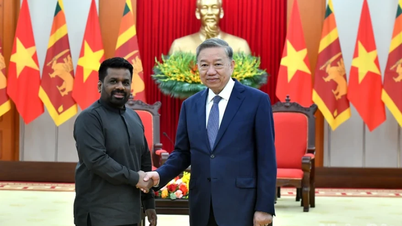


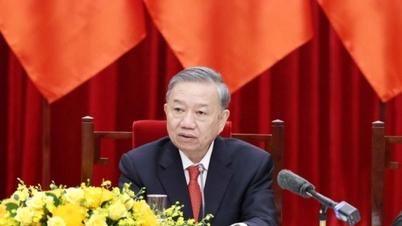
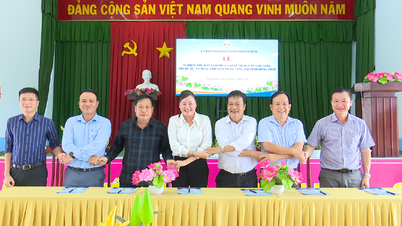



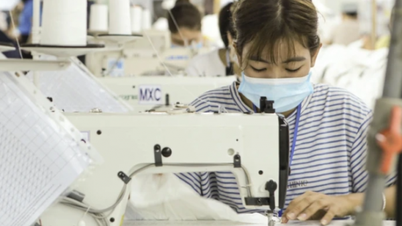
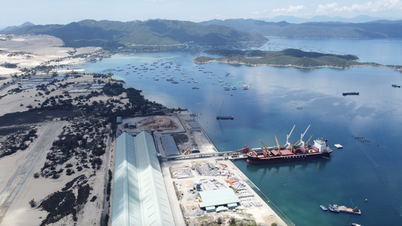






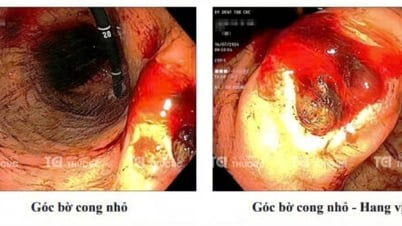


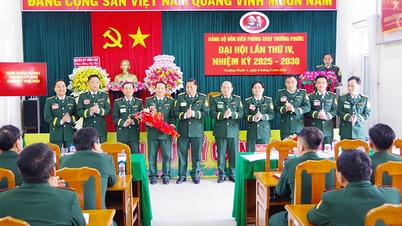









































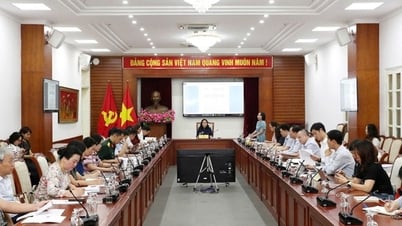

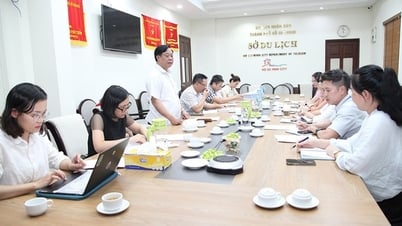
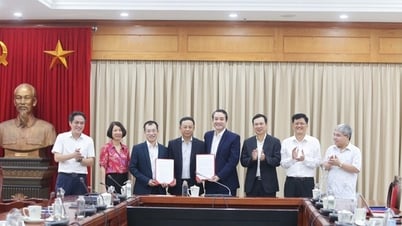


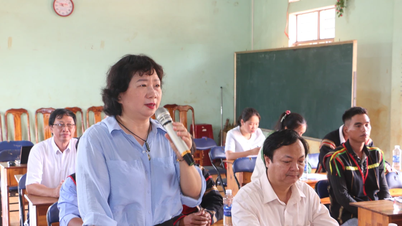

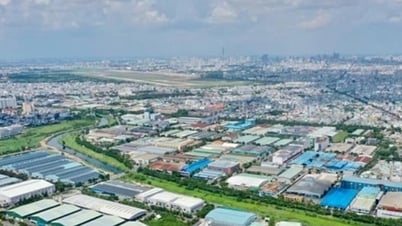

















Comment (0)